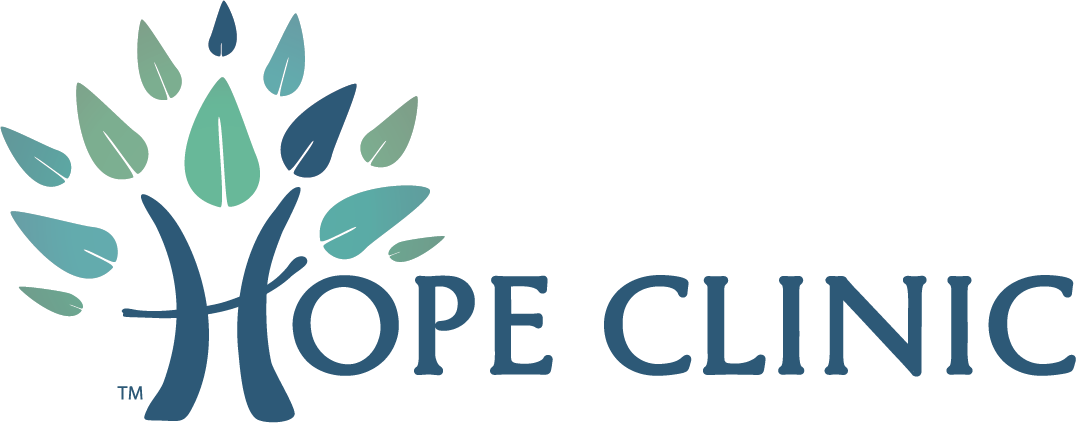How Accurate is an Ultrasound in Determining Your Conception Date?
One question many women have about their pregnancy is, “When did I conceive?” In many cases, it’s very difficult to tell exactly when you became pregnant. However, one simple tool can tell you with a high degree of accuracy when you become pregnant: an obstetric ultrasound.

What Is An Ultrasound?
Ultrasounds are simple medical procedures that use sound waves to look inside your body. Ultrasounds have many uses in a variety of medical fields, but they are usually thought of in relation to pregnancy.
We use ultrasounds in pregnancy for many reasons, such as:
- Safe for you and your baby: there is no known risk to an ultrasound procedure.
- Easy to perform: Ultrasound technicians can perform an ultrasound in just a few minutes.
- Very accurate: Because ultrasounds show what is happening inside your body in real-time, the results are guaranteed to reflect the truth about your body and pregnancy.
How Does an Ultrasound Calculate Conception Dates?
One of the biggest benefits of an ultrasound is that it can estimate how far along you are in your pregnancy (gestational age) down to just a few days.
Ultrasounds estimate how far along you are in your pregnancy by comparing the growth of the fetus to established growth rates for babies around the world. Fetuses grow quickly, and they also follow the same pattern of growth in virtually every case. That means that by measuring the size of the fetus and looking for certain distinguishing characteristics, an ultrasound can give an accurate estimate of when you conceived.
When is Ultrasound Accuracy Highest?
Ultrasound accuracy in determining conception dates is highest during the first trimester, typically between 6 and 12 weeks of pregnancy. During this period, babies develop at a very consistent and predictable pace. Earlier ultrasounds are usually accurate within a few days, whereas later ultrasounds can have a margin of error of one to two weeks or more.
Factors That Influence Ultrasound Conception Date Accuracy:
Several factors can affect the accuracy of ultrasound-estimated conception dates, including:
-
Timing of Ultrasound: Early pregnancy scans (6–12 weeks) offer higher accuracy.
-
Technician Skill and Experience: Experienced ultrasound technicians produce more precise measurements.
-
Quality of Equipment: Advanced ultrasound machines yield clearer and more reliable images.
-
Irregular Menstrual Cycles: Variations in ovulation timing can cause slight discrepancies in estimated dates.
Why Us Knowing the Gestational Age of Your Pregnancy Important?
There are several reasons it’s important to get an accurate gestational age for your pregnancy, such as:
- Gestational age determines what options are available to you: If you are considering abortion or seeking an abortion clinic, you need to know how far along you are before you can get any procedures done. Doctors can only use some methods up to a certain point in pregnancy, so an accurate age is vital.
- Gestational age helps estimate when you possibly conceived: Knowing how far along you are helps you estimate your conception date. You may want this for personal reasons. You might also need it in order to determine who the father of the baby is.
- Gestational age determines your due date: Babies are generally born 40 weeks after conception. By knowing approximately how far along you are in your pregnancy, you can determine when you are most likely to give birth and make adequate preparations.
Where Can I Get an Ultrasound?
You can get an ultrasound at almost every OB-GYN office, but if you don’t already have a doctor it can be difficult to make a timely appointment. That’s why we offer free limited ultrasounds at our clinic. If you schedule a free pregnancy test at our clinic and it comes back positive, you’re automatically qualified to get a free ultrasound as well.
If you want to learn more about the benefits of getting an ultrasound and other ways of keeping yourself safe and healthy during pregnancy, call Hope Clinic today. We can help you through every step of your pregnancy and answer any questions or concerns you have. Call 601-264-2181 or text 669-500-TEST(8378) today to make an appointment and get help.
FAQ
Early ultrasounds (6–12 weeks) are typically accurate within a few days. However, later ultrasounds (especially after 20 weeks) can be off by up to 2 weeks or more due to variations in fetal growth.
Differences often occur due to irregular ovulation cycles, late implantation, or natural variations in early fetal growth. These factors make ultrasound estimates occasionally differ from the expected conception dates based on your last menstrual period.
An ultrasound can generally detect pregnancy as early as 5–6 weeks gestation, showing the gestational sac or heartbeat. For clearer accuracy on conception dates, it’s best performed between weeks 6 and 12.
Yes. Early ultrasounds performed in the first trimester are significantly more accurate at determining conception and due dates than ultrasounds performed later in pregnancy.
Yes, factors such as maternal obesity, baby’s positioning, or older ultrasound equipment can reduce image clarity and measurement accuracy.

